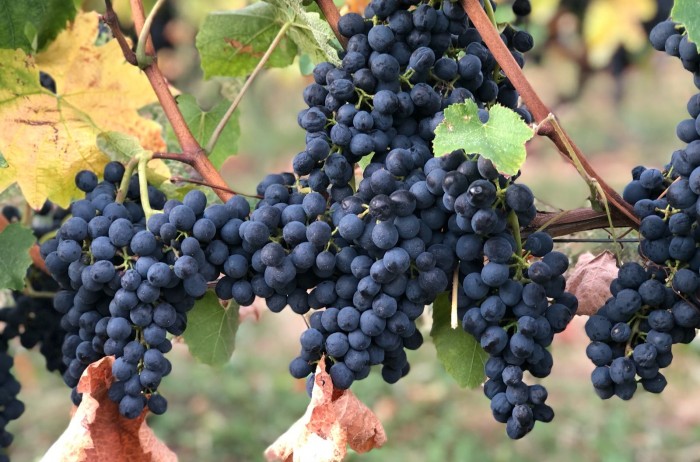
Réduction des pertes post-récolte en conservation de fruits à pépins (pomme, poire) de culture biologique
Post-harvest storage of pome fruits is a crucial stage for producers in organic farming, since post-harvest fruits diseases can yield 25 % up to 50 % losses. Furthermore, even in conventional production, the trend is to reducing pesticide residues in food for meeting consumers’ expectations and new legal regulations. Consequently alternative approaches to control post-harvest losses were evaluated.
The aim of this study was to assay the potential of several Biological Control Agents (BCAs) for reducing post-harvest losses in pome fruits storage, by pre-harvest applications. Along the storage period, several controls were carried out in order to compare treatments efficacy. Assessed BCAs were: Pseudomonas syringae (commercial product Bio Save 10LP), P. fluorescens (Biofitac), P. viridiflava (no commercial product existing), Bacillus subtilis (Serenade WP), Cryptococcus albidus (Yield Plus) and Gliocladium catenulatum (Prestop Mix). They were all selected for their interesting fungicidal and bactericidal activity in in vitro tests. Experiment were carried out on most represented varietals in organic apple or pear orchards: Gala, Topaz & Beurré Bosc. BCAs used in this study were tested in in vitro conditions and yielded acceptable results in controlling post-harvest pathogen. Transfer to field conditions yielded not significant results, in comparison to teh control, even with commercialised products. The diffusion of the results for this study concern directly the producer and the harvesting pratices.
On the diversity side, a complete study on the identification of fungi retrieved from diseased fruits was realised. The identification was done by molecular biology. Fungi were isolated from diseased lesions, cultivated in axenic conditions and further isolated by PCR amplification and DNA sequencing of the ITS rDNA region. These 293 isolates showed a broader than expected spectrum of fungal pathogens species.
Publications
FLEURY D., COUTANT C., CHEIKH-RAVAT P. et LEFORT F. 2011. Conservation des fruits à pépins biologiques. Revue suisse de Viticulture, Arboriculture et Horticulture 43: 246-251
COUTANT C., LEFORT F. et FLEURY D. 2009. Lutte microbiologique en verger: une alternative viable pour la prévention des maladies de conservation? Objectif 70: 17-19
FLEURY D., COUTANT C., CHEIKH-RAVAT P., CROVADORE J. and LEFORT F. 2009. Using biological control agents to reduce post-harvest losses of organic pome fruits. In Cost Action 864, Pome Fruit Health: Combining traditional and advanced strategies for plant protection in pome fruit growing. Editors Instituto Valenciano de Investigaciones Agrarias (IVIA). Valencia (Spain). Pp. 52
2008 – 2010
Partenaires: hepia, Agroscope, Gembloux Agro-Bio Tech, Institut de recherche de l’agriculture biologique (Fibl)
Financement: HES-SO, Agroscope, hepia et Bio Fruits
